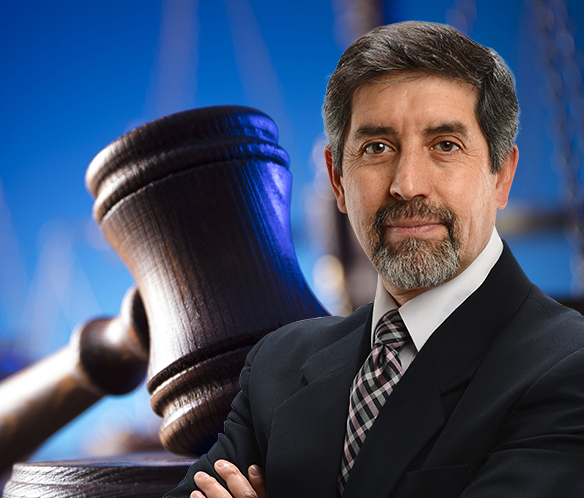There is a huge variety of addictive substances that are available. Some people get in trouble with the law due to their illegal involvement in the illicit trade of controlled substances. Some cases get severe that a person would need the help of a drug lawyer. Despite having many varieties of addictive substances, the most common types are categorized under six categories.
Many substances are addictive which can result in dependency. Drug abuse can alter the physical and mental state of a person which can be dangerous. Another factor is having the person under the influence of a drug could lead him or her to hurt other people. Charges are filed to people who possess, manufacture, sell, or distributes drugs. Anyone caught in the situation, no matter how light the case is, would need the assistance of a drug lawyer to help the defendant in navigating the legal intricacies of the case.
Six Main Categories of Addictive Substances
Benzodiazepines
Benzodiazepines are also known as benzos. It includes pharmaceutical drugs that are utilized for the treatment of various mental disorders. Some of the mental disorders that this type of drug treats are anxiety and panic attacks. When consumed or taken for an extended period of time, people will build a tolerance to benzos. This leads to a person’s dependency on the drug. There are some people who would combine benzos and alcohol which will strengthen the effects of the drug that can lead to overdose.
Opiates
Opiates are part of the prescription drugs which are used for the treatment of chronic or acute pain. Opiates are effective for patients when taken as prescribed. However, it poses a major risk for addiction when abused. Addiction to opiate manifests itself in a person’s cravings for drugs. An opiate addict might visit multiple doctors to be able to get more prescriptions of the drug. This activity is called doctor shopping. If the opiates are not obtained from the multiple doctor visits, some opiate addicts would turn to use heroin as it is cheaper and easier to get drugs.
Alcohol
Alcohol is legal but still considered a controlled substance. It slows down the body’s functionality when excessively consumed. Alcohol is found in many forms such as liquor, wine, and beer. Physical effects of heavy alcohol consumption include loss of coordination, slowed reaction, and slurred speech. Psychological effects brought by drinking too much alcohol include lowering the person’s capability to think rationally and inhibiting the person’s judgment. Drinking alcohol in moderation is not a problem. Nonetheless, drinking too much alcohol can build dependency leading to an alcohol use disorder.
Sleeping Pills
Sleeping pills are part of prescription medications under sedative-hypnotics. Many people assume that they will not develop a sleeping pill addiction. However, becoming addicted to this drug is easier than most people may think. Any person who develops a dependency on sleeping pills starts when a person starts to increase their prescribed dosage without their doctor’s knowledge. Over time, the person will take larger amounts of the pills to fall asleep which leads to addiction.
Illicit Drugs
Illicit drugs are the most dangerous of all six categories. It is the most addictive and falls under the illegal standards of the law. Illicit drugs include meth and heroin. The nature of substances under illicit drugs are hugely different from each other. Marijuana also falls under this category although it is used by some cancer patients to avoid nausea or curb the pain of the medication. Some of marijuana’s short-term effects include slowing down the person’s central nervous system. This can interfere with a person’s concentration and reaction time. Meanwhile, cocaine puts the brain into functioning at hyper-speed levels increasing alertness and anxiety. When physical or psychological dependence takes place, addiction to illicit drugs can take over a person’s life.
Stimulants
Prescription stimulants include methylphenidates and amphetamines. Stimulants can help treat mental disorders like ADHD or attention deficit hyperactivity disorder. Stimulants activate the central nervous system which incites feelings of excitement. People who use stimulants experience a rush of intense pleasure due to the surge brought by dopamine. Tolerance might build up over time due to frequent stimulant use which leads to addiction.
Every substance that is abused beyond what is prescribed opens the doors for abuse and addiction. Dependency can lead people to commit illegal acts that may land them in hot water against the law. People undergoing legal problems can work with a drug lawyer to help them in getting a better chance in court.
